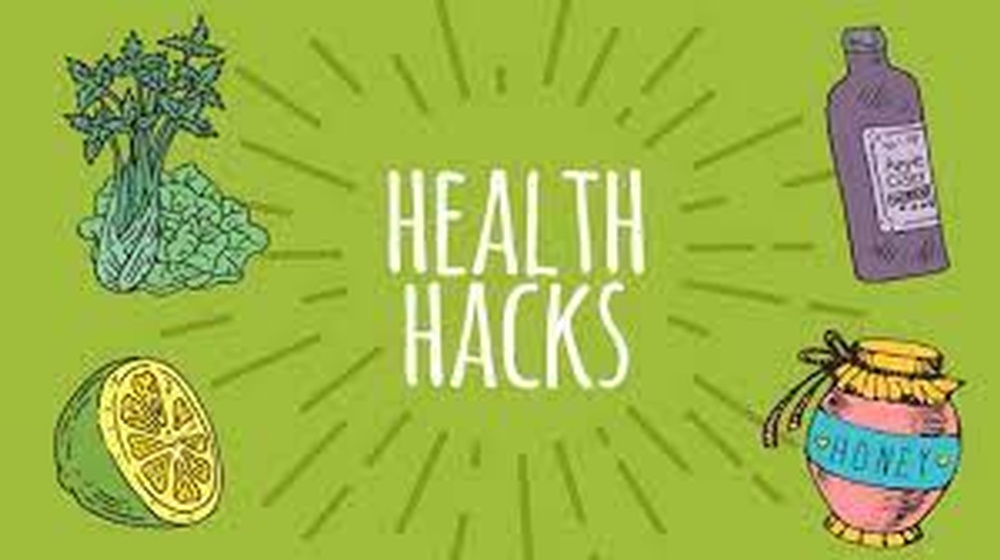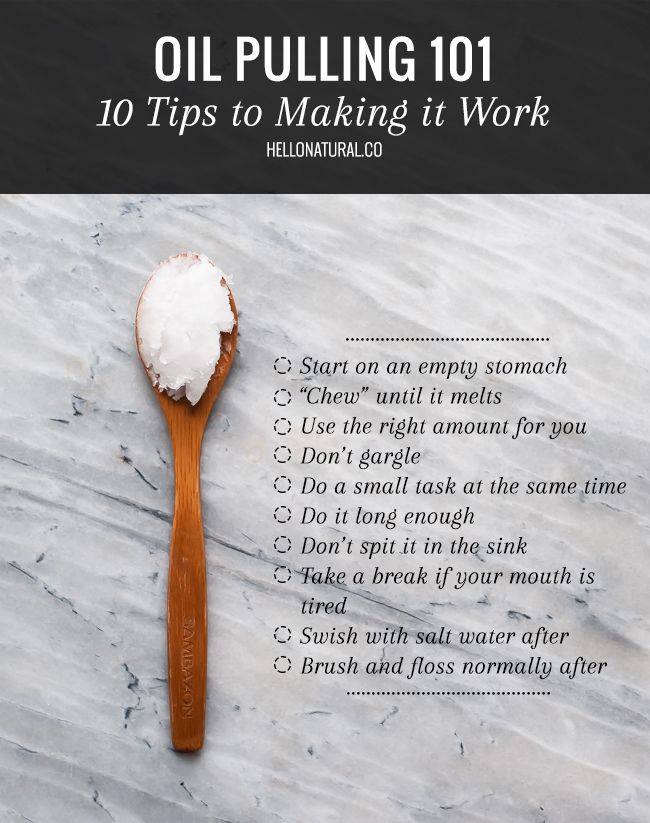ORAL HEALTH HACKS- as seen on Social Media ( by Sherina Amin RDH). PART 1

In a world where we are bombarded with information online—whether it be through TikTok, Instagram, Facebook or other social media platforms- we can be easily intrigued by DIY trends. “Oral health hacks” can be especially alluring because of claims of using products that you may have at home, are relatively inexpensive, and are considered “natural”. But do these hacks actually work and are they safe?
Oil pulling:
Claim: Has been around for thousands of years and is thought to detoxify the body and improve oral health
Method: rinse with 1 teaspoon of edible oil first thing in the morning by swishing for 5-20 minutes, three times a day for 2 weeks, making sure to spit out in the garbage
Reality: lack of evidence that it whitens teeth, boosts systemic health or decreases toxins/bacteria
Does lubricate lips and mouth; no evidence of harm

Charcoal teeth whitening:
Activated charcoal (not BBQ charcoal) is used to treat ingestion of some poisons in hospitals . It is very porous and allows particles to easily adhere to it.
Claim: Pores bind with rough parts on our teeth, removing stains, plaque and food
Method: grind up 1-2 tablets until powder forms and add water to make a paste. Dab (not brush) onto teeth and leave on for 2 minutes. Rinse several times, and brush off for 2 minutes after.
Pros: removes stain, plaque, food , and is safe to swallow
Cons: too abrasive and harmful for enamel, no evidence it’s safe or effective; unapproved as whitening product; stains clothes/counter tops; tastes bad

Baking soda teeth whitening:
Claims: neutralizes acids, removes stains, antimicrobial, whitens, freshens breath
Method: mix 1 teaspoon with 2 teaspoons of water to form a paste and brush a few times a week
Pros: low abrasivness; some evidence that toothpastes with baking soda whiten teeth
- - a 2011 study found toothpastes with baking soda were better than toothpastes with silica in removing plaque in hard to clean areas
Reality: causes no harm so can use if one finds it effective, but better off using a toothpaste that contains fluoride and baking soda
Hydrogen Peroxide
Claims: whitens teeth; treats sore throat, mouth sores and gum inflammation; antiseptic
Reality: rinsing daily with hydrogen peroxide can whiten teeth but it takes a long time and teeth won’t become significantly whiter
Cons: may cause hairy black tongue; rinsing undiluted can impair wound healing with long term use
If you want: over the counter rinse (Colgate Peroxyl) or made at home (1:1 dilution of 3% hydrogen peroxide) can be used for mouth sores, minor inflammation and as an antiseptic (note: not as effective as Listerine) short term
Professional whitening gels, commercial whitening strips and toothpastes are more effective
Stay tuned for part 2 ........
If you are thinking about trying any of these oral health hacks, ask yourself “ What am I trying to achieve?”, “Is there scientific evidence that it works?”, “ Is it safe?”, “Have I tried traditional methods?”. Here at Dentists on Bloor, we want our patients to feel comfortable asking or sharing with us anything they’re trying at home to improve their oral health or esthetics. We try to listen from a place free from judgement and want to educate our patients as best we can to keep them safe and maintain optimal oral health.
Source: Oral Health Hacks 2020 By Dr. Sanjukta Mohanta, ODHA Re-Energize Conference 2020
(additional scientific sources available upon request)
.jpg)